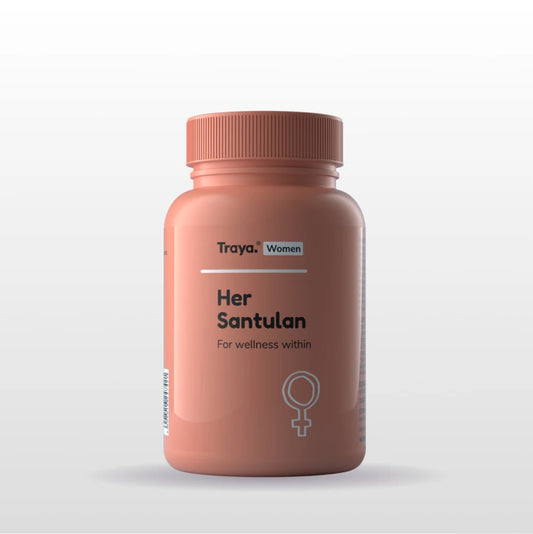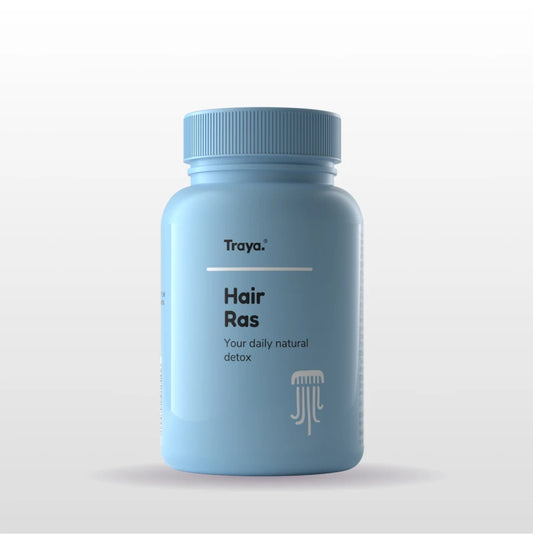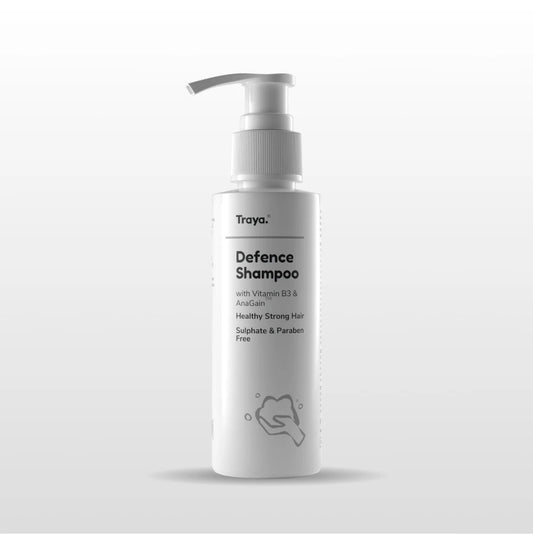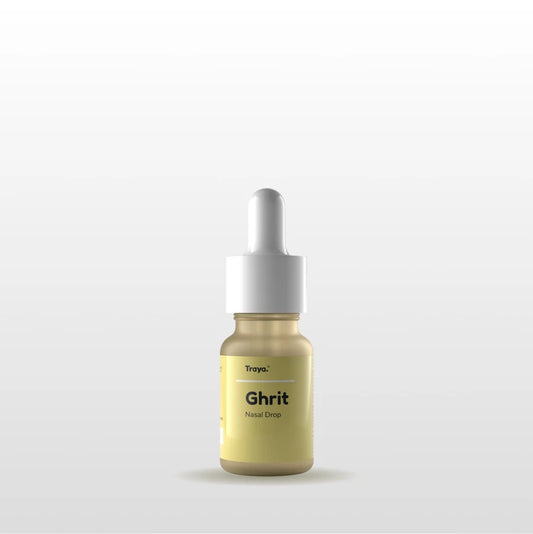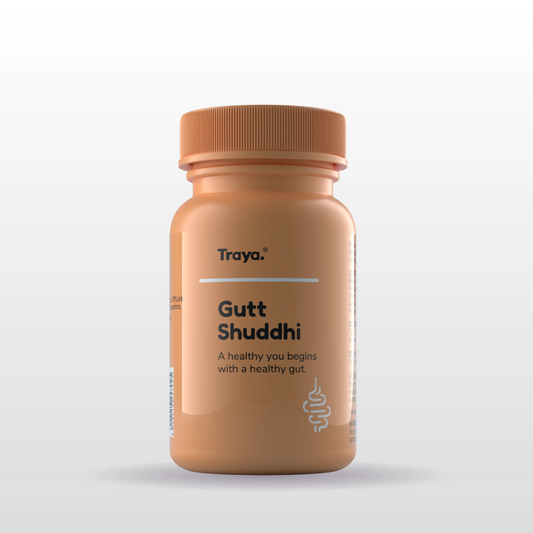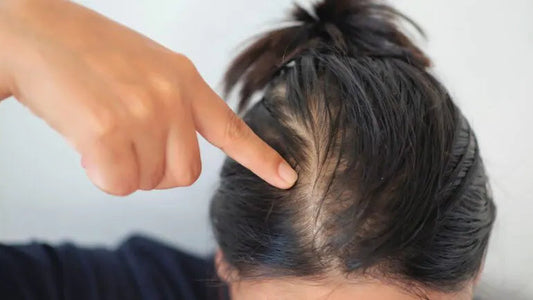
Causes of Hair Loss in Women and How to Treat I...
Hair loss in women is more common than most of us think, and more emotionally exhausting than it’s often portrayed. By the age of 50, nearly 40% of women experience...
Causes of Hair Loss in Women and How to Treat I...
Hair loss in women is more common than most of us think, and more emotionally exhausting than it’s often portrayed. By the age of 50, nearly 40% of women experience...

Does Minoxidil Work? Uses, Advantages, Treatmen...
Minoxidil is usually prescribed by doctors for hair growth, which is fine as long as there is supervision. But starting this treatment on your own is not generally advisable. It’s...
Does Minoxidil Work? Uses, Advantages, Treatmen...
Minoxidil is usually prescribed by doctors for hair growth, which is fine as long as there is supervision. But starting this treatment on your own is not generally advisable. It’s...

How to prevent white hair, delay greying and ha...
When people think about hair health, they often focus on strands—whether they are falling, thinning, or greying. But what many overlook is the foundation of hair health: the scalp. Scalp...
How to prevent white hair, delay greying and ha...
When people think about hair health, they often focus on strands—whether they are falling, thinning, or greying. But what many overlook is the foundation of hair health: the scalp. Scalp...

Dermatologist or Trichologist: Who should I go ...
Dermatologist or Trichologist ? Who Can Help You With Your Hair Loss Problem? Hair loss is a common hair problem, and you need a dermatologist or skin doctor to take...
Dermatologist or Trichologist: Who should I go ...
Dermatologist or Trichologist ? Who Can Help You With Your Hair Loss Problem? Hair loss is a common hair problem, and you need a dermatologist or skin doctor to take...
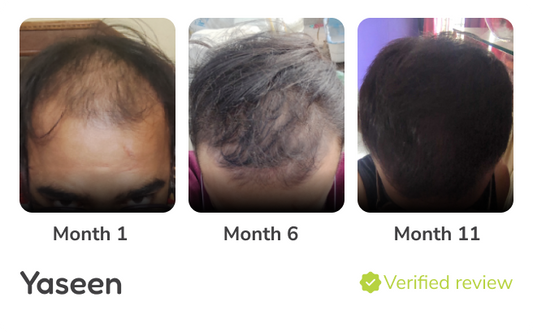
Minoxidil Results - Before and After | Results,...
Minoxidil is a popular FDA approved medication used for hair regrowth. There are many claims about minoxidil working for most people and it is also proven for showing positive results....
Minoxidil Results - Before and After | Results,...
Minoxidil is a popular FDA approved medication used for hair regrowth. There are many claims about minoxidil working for most people and it is also proven for showing positive results....




